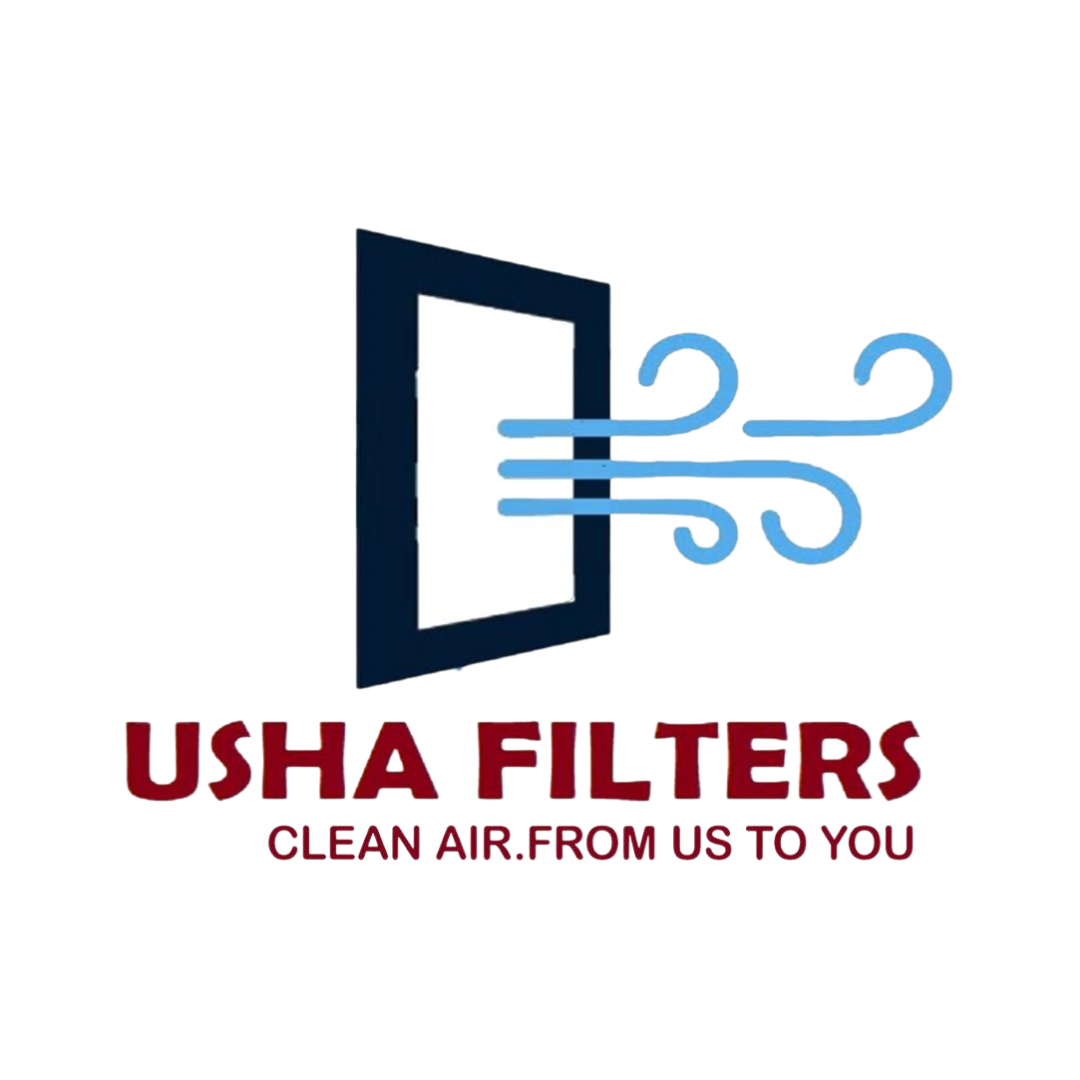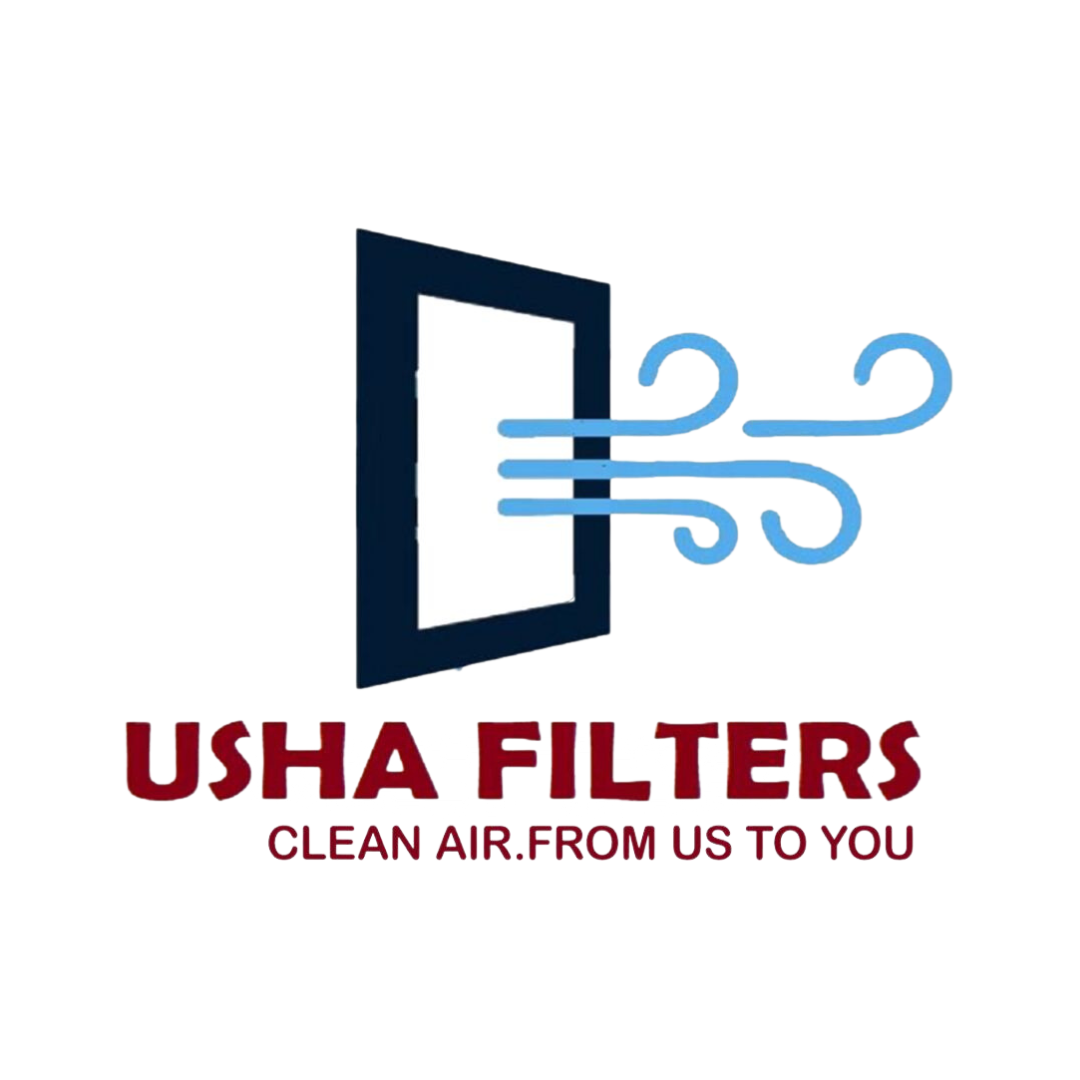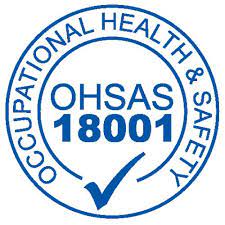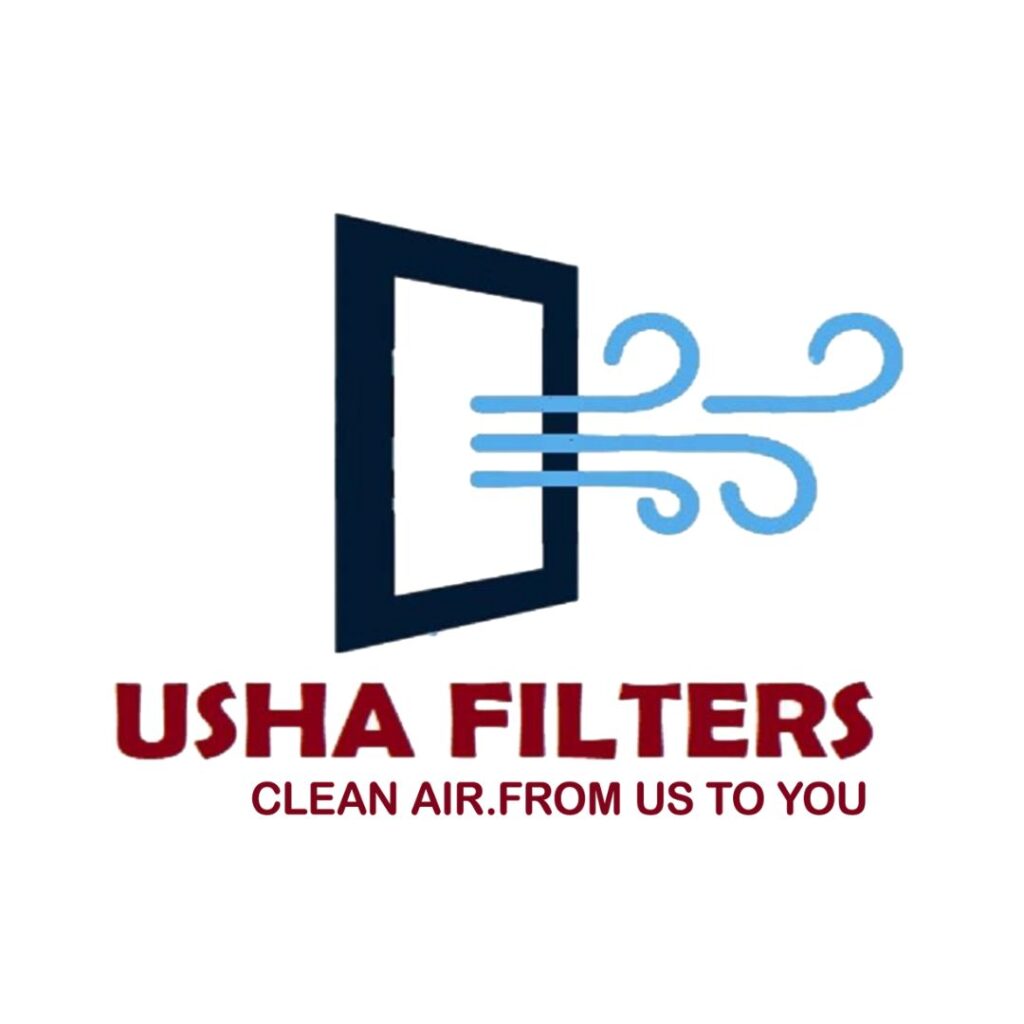In the pharmaceutical industry, precision is paramount. From research laboratories to manufacturing facilities, every step of the process demands strict adherence to quality control standards. Among the many elements that contribute to this precision, air quality is perhaps the most critical. This is where air filters come into play as unsung heroes, ensuring that the air in pharmaceutical environments remains pristine and free of contaminants. In this blog, we will explore the indispensable role of air filters in pharmaceutical settings.
The Pharmaceutical Industry’s Unique Air Quality Needs
Pharmaceutical manufacturing involves the production of drugs, vaccines, and other medical products that directly impact human health. The environment in which these products are made must adhere to stringent regulatory standards to ensure their safety and efficacy. Achieving this requires maintaining exceptional air quality in several key areas:
1. Clean Rooms: In pharmaceutical clean rooms, where sterility is non-negotiable, air must be virtually free of particulate matter, microbes, and volatile organic compounds (VOCs). HEPA (High-Efficiency Particulate Air) filters play a vital role in achieving this level of cleanliness.
2. Laboratories: Research and development laboratories require controlled environments with precise air quality to ensure the accuracy of experiments and tests. Here, air filtration helps maintain the integrity of results.
3. Manufacturing Areas: In manufacturing, air filters remove particles and contaminants that could compromise the quality of pharmaceutical products. This is especially crucial for products administered via injection or inhalation.
The Key Functions of Air Filters in Pharma
Air filters are not just ‘nice-to-have’ in pharmaceutical settings; they are absolutely necessary for several reasons:
1. Particle Removal: Airborne particles can carry bacteria, viruses, or contaminants that might compromise the safety of pharmaceutical products. Filters trap these particles, ensuring they don’t find their way into the production process.
2. Microbial Control: HEPA filters and ULPA (Ultra-Low Penetration Air) filters are designed to remove and retain airborne microorganisms, maintaining sterility in clean rooms.
3. VOC and Odor Removal: Activated carbon filters are essential for removing volatile organic compounds and odors that can arise during manufacturing processes.
4. Regulatory Compliance: Adherence to stringent regulatory guidelines, such as those set forth by the FDA, is non-negotiable in the pharmaceutical industry. Proper air filtration is a key component of meeting these requirements.
Choosing the Right Air Filters
Selecting the right air filters for pharmaceutical applications is a meticulous process. Considerations include:
1. Filter Type: Depending on the specific application and stages of filtration required Pre, Fine, HEPA, ULPA, or activated carbon filters.
2. Efficiency: Filters must meet the required efficiency standards to ensure the removal of particles and contaminants of the desired size.
3. Filter Change Schedules: Proper maintenance, including regular filter replacements, is essential for ensuring consistent air quality.
4. Documentation: Accurate records of filter changes and performance are crucial for regulatory compliance.
Conclusion
In the pharmaceutical industry, air filters are not just pieces of equipment; they are guardians of safety, quality, and regulatory compliance. They ensure that the air within clean rooms, laboratories, and manufacturing facilities remains pure and free of contaminants. As the pharmaceutical industry continues to evolve, the importance of air filtration in maintaining impeccable air quality cannot be overstated. So, the next time you take a medication or receive a vaccine, remember that behind the scenes, air filters have played a vital role in ensuring its safety and efficacy.










